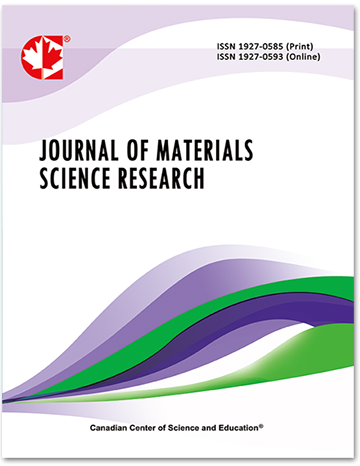Effect of Coke Granulometry on the Properties of Carbon Anodes based on Experimental Study and ANN Analysis
- Arunima Sarkar
- Duygu Kocaefe
- Yasar Kocaefe
- Dipankar Bhattacharyay
- Brigitte Morais
- Patrick Coulombe
Abstract
The available anode-quality petroleum coke is not sufficient to cover the need created by the increase in the world aluminum production. Understanding the consequences of varying calcined coke quality is necessary to possibly compensate for the reduction in coke quality and adjust the anode paste recipe in the subsequent use of coke in order to obtain economically viable production of aluminum. Different fractions of coke particles were mixed to optimize the anode recipe; however, it was laborious to find experimentally the suitable percentage of each fraction in anode paste which would give good anode properties. In this study, Artificial Neural Network (ANN) model was developed for adjusting the granulometry of the raw materials for anode production. Tapped bulk density of dry aggregates was used to predict the anode paste recipe using the ANN method. A new anode recipe (by adjusting the medium fraction in the paste) was proposed based on the predictions of an ANN model, which resulted in improved anode properties.
- Full Text:
 PDF
PDF
- DOI:10.5539/jmsr.v5n4p63
Journal Metrics
Impact Factor 2022 (by WJCI): 0.583
Google-based Impact Factor (2021): 0.52
h-index (December 2021): 22
i10-index (December 2021): 74
h5-index (December 2021): N/A
h5-median (December 2021): N/A
Index
- CAS (American Chemical Society)
- CNKI Scholar
- Elektronische Zeitschriftenbibliothek (EZB)
- EuroPub Database
- Excellence in Research for Australia (ERA)
- Google Scholar
- Infotrieve
- JournalTOCs
- LOCKSS
- NewJour
- PKP Open Archives Harvester
- Qualis/CAPES
- SHERPA/RoMEO
- Standard Periodical Directory
- Universe Digital Library
- WJCI Report
- WorldCat
Contact
- John MartinEditorial Assistant
- jmsr@ccsenet.org
